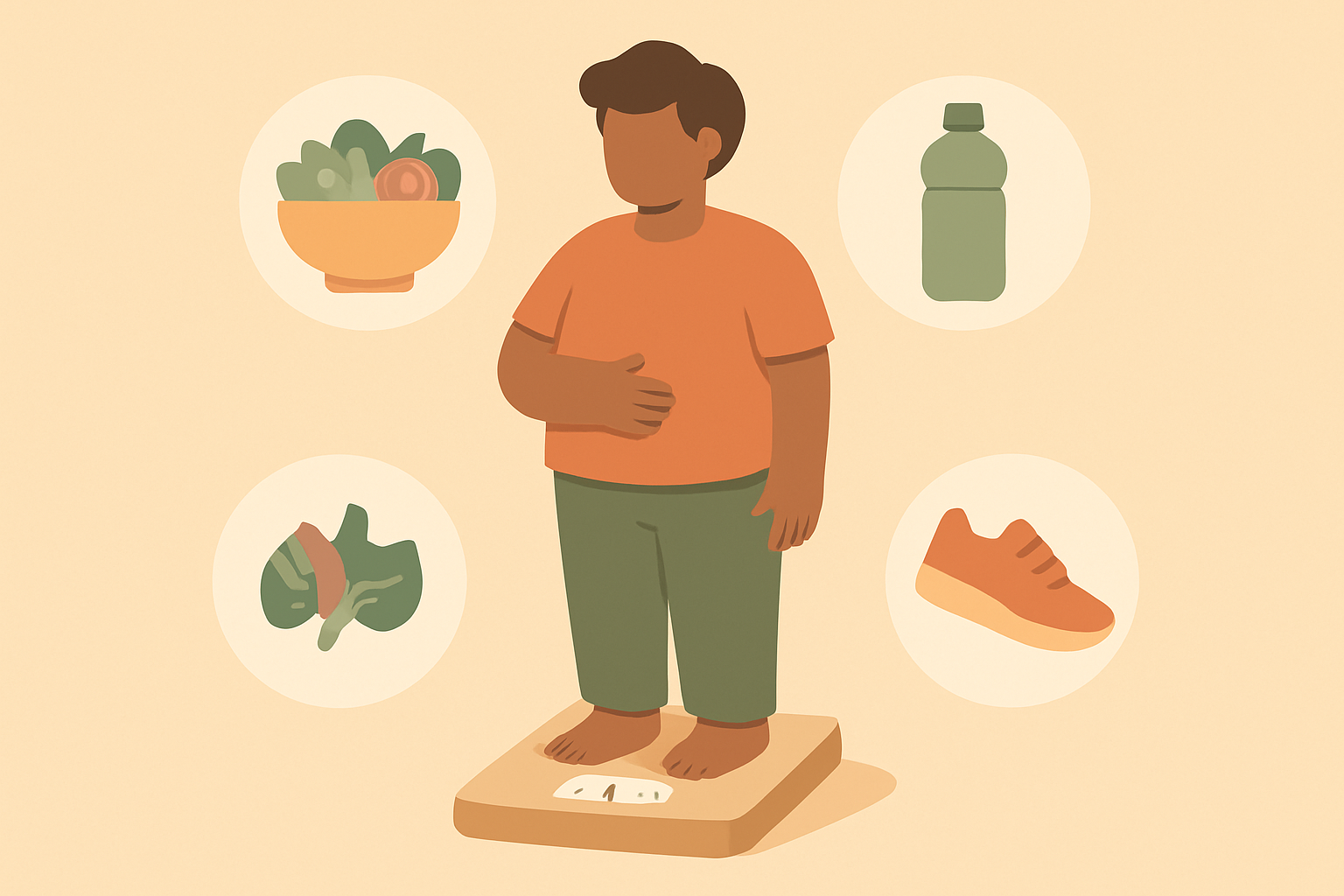
What is a Healthy Rate of Weight Loss?
Determining how quickly you should lose weight can be tricky. Many people are eager to see fast results, but a rapid pace isn't always the healthiest approach. Adopting a reasonable, sustainable rate of weight loss is crucial to avoid health risks and ensure long-term success.
- Traditional Guidelines: Health experts commonly suggest losing weight gradually as the safest and most effective method.
- Why Not the Quickest Option?: Rapid weight loss can lead to muscle loss, nutritional deficiencies, and other health issues.
- Balance is Key: Combining a healthy calorie deficit with regular physical activity typically yields the best results.
How Does This Impact Your Metabolism?
Your metabolic rate plays a significant role in your weight loss journey. Understanding how metabolism functions can help you make informed decisions about your fitness and diet plans.
- Metabolic Adaptation: Rapid weight loss can cause your metabolism to slow down, a phenomenon known as metabolic adaptation.
- Calorie Intake Considerations: Consuming too few calories can exacerbate metabolic adaptation, hindering your progress.
- Strategies for Improvement: Focus on gradual dietary improvements and increases in physical activity to better manage your metabolism.
Setting Realistic Weight Loss Goals
Setting achievable goals is crucial in maintaining motivation and achieving long-term success in weight loss. Unrealistic targets can lead to disappointment and burnout.
- Start Small: Begin with modest goals and increase them as you achieve each target.
- Monitor Progress: Keep track of your achievements to ensure you're on the right path.
- Adjust as Needed: Be flexible. If you hit a plateau, reassess your strategy and possibly adjust your goals. More on setting realistic targets can be found in our guide.
Avoid the Pitfalls of Rapid Weight Loss
While it might be tempting to push for quick results, it's important to be wary of the dangers associated with losing weight too quickly.
- Muscle Loss: Extremely low-calorie diets can cause muscle deterioration.
- Nutrient Deficiencies: Insufficient nutrient intake can lead to health problems.
- Sustainability Issues: Extreme approaches are rarely sustainable long-term, often resulting in weight regain.
Conclusion: Finding Your Optimal Weight Loss Pace
Every individual's weight loss journey is unique. What works for one person might not be ideal for another. The best approach is one that considers both health and sustainability.
- Personalize Your Plan: Tailor your weight loss strategy to fit your lifestyle and health needs.
- Seek Professional Guidance: Consulting a healthcare provider or nutrition specialist can provide personalized insights.
- Celebrate Your Wins: Acknowledge your progress, no matter how small, to keep motivated.
Frequently Asked Questions
What is the healthiest rate of weight loss?
A gradual approach is often seen as the healthiest way to lose weight. Combining a balanced calorie deficit with regular exercise typically yields the best results.
How does rapid weight loss impact metabolism?
Rapid weight loss can trigger metabolic adaptations, causing your metabolism to slow down, which may hinder your weight loss progress.
Why is setting realistic goals important for weight loss?
Realistic goals prevent burnout and disappointment. They help maintain motivation and ensure steady progress, as discussed in our goal-setting guide.